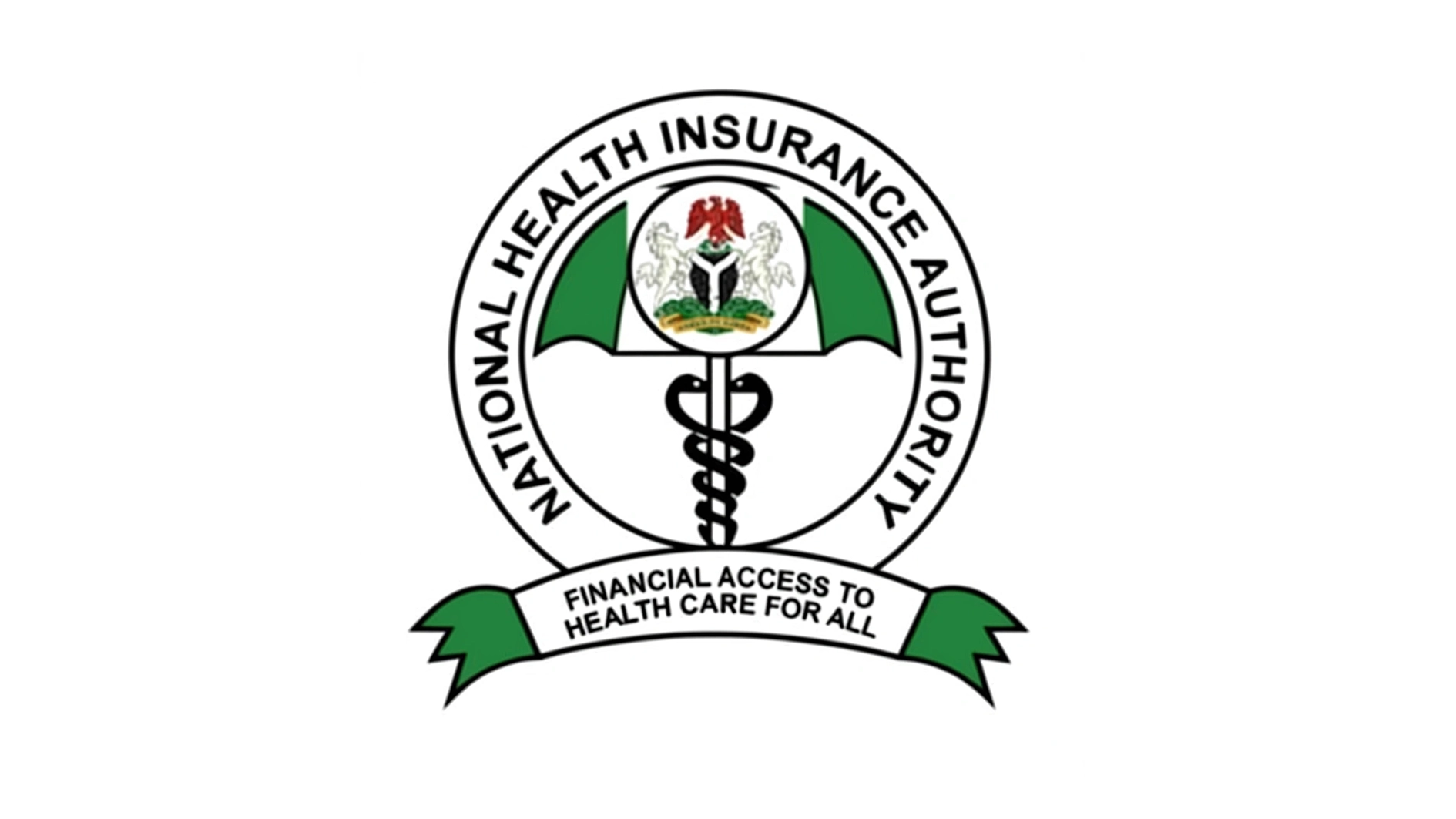The Federal Government has reaffirmed its commitment to strengthening reproductive, maternal, newborn, child and adolescent health services to build a more resilient system that prioritises equity and inclusivity.
Minister of Health and Social Welfare, Prof. Muhammad Pate, stated this at a two-day National Policy Dialogue on Adolescent and Youth Sexual Reproductive Health and Development (AYSRH&D), organised by the Society for Family Health (SFH) in Abuja.
Pate said many Nigerian adolescents face obstacles such as harmful cultural practices, gender inequality, early marriage, unsafe sex, drug abuse and limited access to healthcare. These barriers, he warned, not only threaten their health but also undermine their potential to contribute meaningfully to national development.
“Adolescent and youth sexual and reproductive health is not merely a health concern but a human capital priority, a social justice issue, and a driver of Nigeria’s long-term economic future. When youth access accurate information, quality services, and supportive systems, they make informed decisions that influence their education, well-being, and economic participation,” Pate said.
Represented by the Director and Head of Family Health Department, Dr Binyerem Ukaire, the minister highlighted ongoing interventions, including the National Policy on Health and Development of Adolescents and Young People, as well as Nigeria’s global and regional commitments to scaling up access to reproductive health services. He added that the government is collaborating with partners to expand awareness on family planning and ensure equitable access to services.
Managing Director of SFH, Omokhudu Idogho, said Nigeria is witnessing demographic shifts, with fertility rates declining from 5.3 in 2018 to 4.8 in 2024, and adolescent health increasingly becoming central to national development discourse.
Citing the 2023–24 National Demographic and Health Survey (NDHS), Idogho, represented by Deputy Managing Director, Dr Jennifer Anyanti, noted that teenage pregnancy remains high, with 15 per cent of girls aged 15–19 already pregnant, most in rural and poor households. He added that HIV prevalence among young people stands at 5.2 per cent, higher than the national average, while modern contraceptive uptake remains low.
“Adolescent and young mothers face higher risks of maternal mortality, which contributes significantly to Nigeria’s high maternal death rate. Beyond physical health, the mental health burden of unintended pregnancies, gender-based violence, and unemployment is leaving many youths with depression, anxiety, and diminished self-esteem,” he said.
He emphasised the need for a comprehensive, multisectoral approach that addresses not only sexual and reproductive health but also mental health, education, skills development and social protection.
Minister of Youth Development, Mr Ayodele Olawande, represented by Mr Emmanuel Essien, assured that the ministry would prioritise youth health and mobilise partners to address related challenges. He stressed that Nigeria’s future depends on the health and empowerment of its young people.






